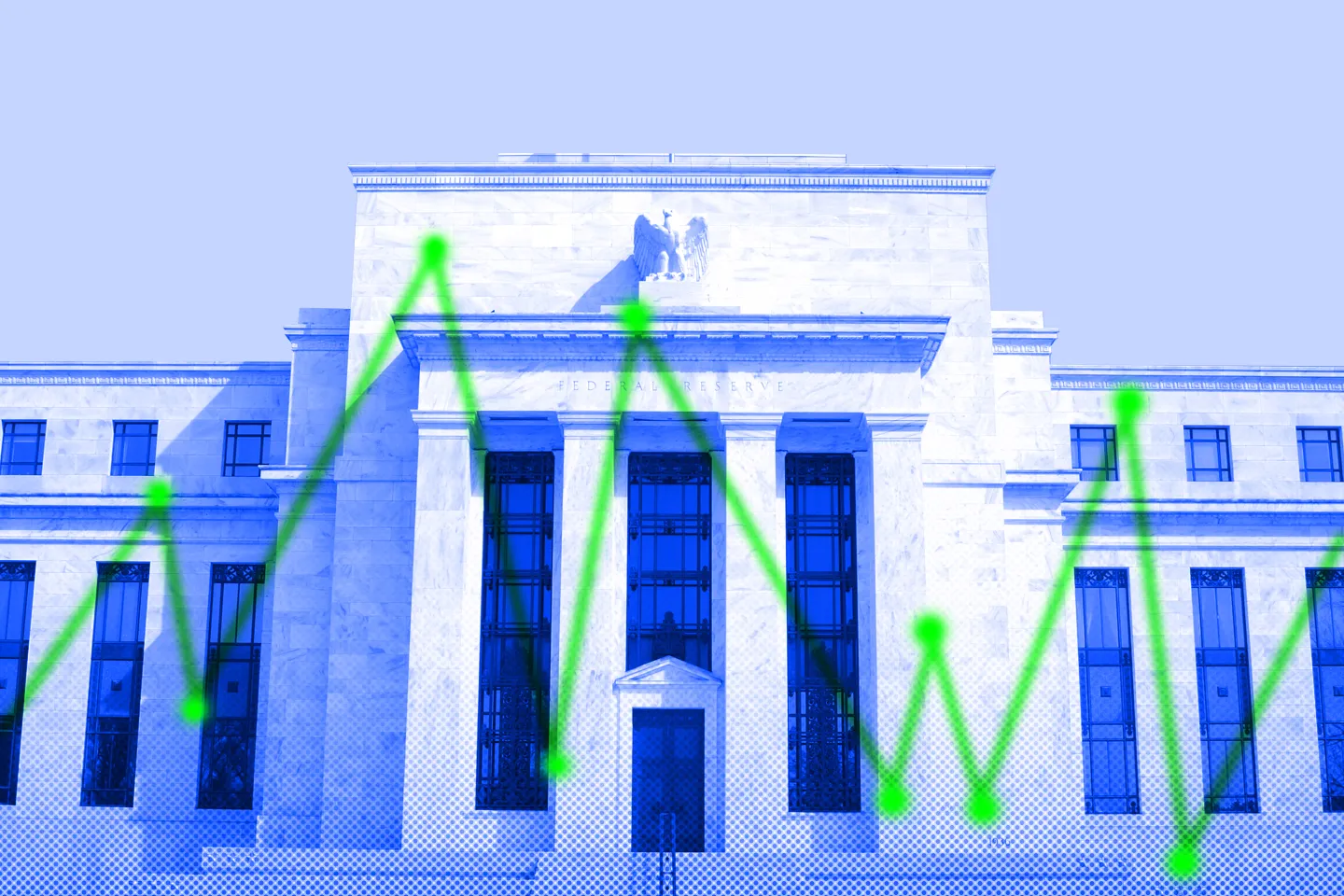
Monday’s global stock market decline has prompted some to urge the Federal Reserve to intervene, but such action might create additional problems for investors. According to Lawrence McDonald, a bestselling author and market risk expert, the current sell-off isn’t due to a banking crisis, and an emergency rate cut by the Fed could be more harmful than beneficial. McDonald explained that lowering rates could weaken the dollar and strengthen the yen, exacerbating the carry trade issue. Typically, currencies appreciate when their central banks raise rates and depreciate when rates are cut.
On Monday, the dollar weakened against the Japanese yen. The carry trade, a significant factor in the sell-off, is influenced by Japan’s interest rates. While central banks in the U.S. and other developed countries have aggressively raised rates to combat post-pandemic inflation, Japan has kept its rates near zero due to low inflation and ongoing economic challenges. This allowed investors to borrow yen at low costs and invest in global assets, a strategy that worked as long as the interest rate gap remained wide and the yen was weakening.
However, this changed in late July when the Bank of Japan increased its benchmark interest rate and announced a reduction in its bond-buying program, strengthening the yen and triggering the unwinding of the carry trade. Despite some stabilization in the U.S. market on Monday afternoon, McDonald warned that a Fed rate cut could still be risky as it might further strengthen the yen. He noted that such market moves could disrupt counterparties, and it would take weeks to assess the full impact. Instead of cutting rates, McDonald suggested that the Fed might find it more effective to use its balance sheet.
McDonald is known for his books “A Colossal Failure of Common Sense,” which discusses the collapse of Lehman Brothers, and “When Markets Speak.” He also authors the Bear Traps Report newsletter.